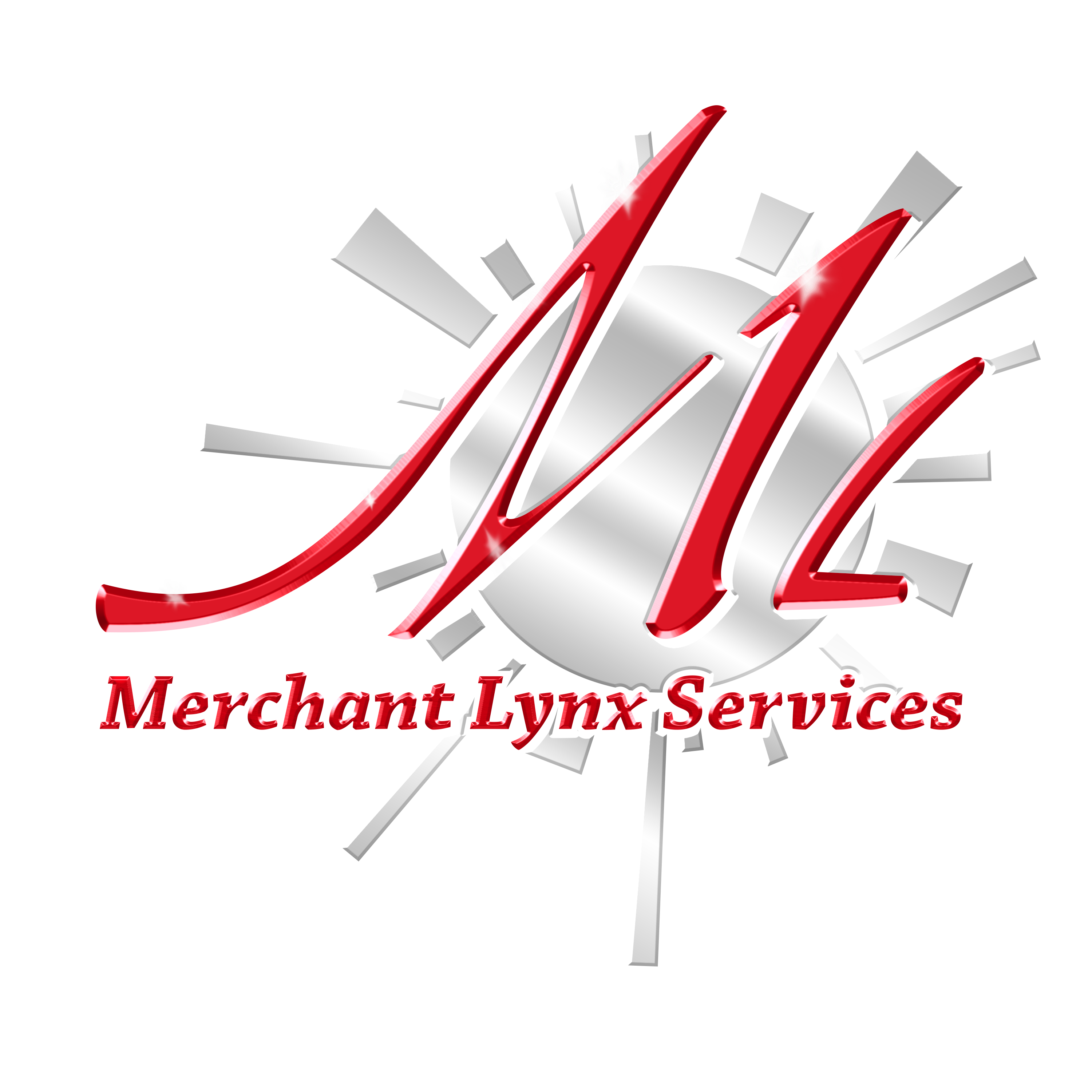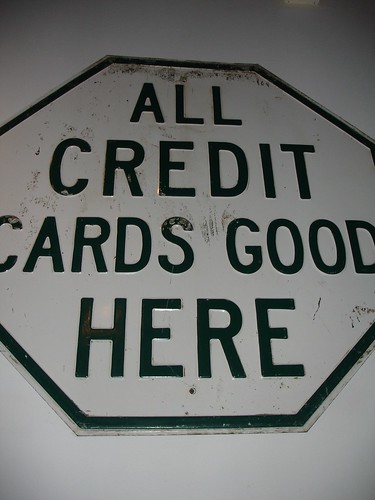Read This Piece To Become A Credit Card Pro
Charge cards have the advantage of allowing people to buy items without having the full amount of the price. Before you do get a card and begin spending with it, you have to know a little bit about bank cards so you don’t end up in too much debt. Keep reading to discover some useful tips about credit cards.
Bank Cards
Don’t purchase things with bank cards that you know you cannot afford, no matter what your credit limit may be. It’s fine to use bank cards to stretch out the payments for an item you can afford, but refrain from making a major purchase that you couldn’t afford otherwise.
Only open retail store cards if you shop there on a regular basis. The initial credit inquiry with the credit bureaus that a retail store makes to sign you up will end up on your credit report, whether or not you end up opening an account. If you’re declined by a few retail chains, for example, you can actually hurt your credit rating in the long term.
Read the small print. If there are offers that allow you to be pre-approved for a card or if the person is saying you can be helped to get a card, you have to know the details before signing up. Know the details about interest, like the rate and dates. Research extra fees, as well as grace periods.
Interest Rate
Make sure you know what your interest rate will be with a given credit card. Before signing up for any card, knowing the interest rate is crucial. If you don’t, you might end up paying so much more money in interest. If the interest rate is too high, you might find yourself carrying a bigger and bigger balance over each month.
Always know the amount of your current balance. Also know your current credit limit so that you avoid exceeding it. If you exceed your card’s limit, you will end up paying big penalty fees. If fees are assessed, it will take a longer period of time to pay off the balance.
Credit Card
Pay each month’s credit card bill on time. Neglecting your credit card’s due date can result in late charges for you. On top of that, the majority of credit card companies reward this behavior by raising interest rates, which means that anything you buy in the future will cost more money.
Watch the terms and conditions on your credit card accounts carefully. It is common for companies to change credit terms very often. Within the legal jargon, you will find changes that impact your account. Be certain you read what’s out there to see if there are negative changes to your agreement.
Never, ever, under any circumstance lend out your credit card to someone. Even though a good friend might have a need, it is never a good decision to lend it to anyone. This can lead to your friendship being ruined. Or it can result in over the limit charges should your friend charge more than you authorized.
Keep a current list of credit card numbers and company contacts. Keep it in a safe spot, such as a safety deposit box, separate from all of your cards. You’ll be grateful for this list in the event that your cards get lost or stolen.
Do not make any card payments immediately after making a purchase. Pay the whole balance instead once your credit card statement comes. This builds a stronger payment history and has a larger positive impact on your credit score.
Many people make the mistake of not obtaining charge cards, in order to make it appear that they have no debt. It is important for everyone to have at least one card to build up a credit history. Pay this card off in full each month. By not having any credit, a lower score occurs and that means other people may not offer you credit because they aren’t sure you know about debt.
Credit is a useful tool when it is wielded properly. The basic tips provided in this article should have given you enough information, so that you can use your credit card to purchase items, while still maintaining a good credit score and staying free of debt.



